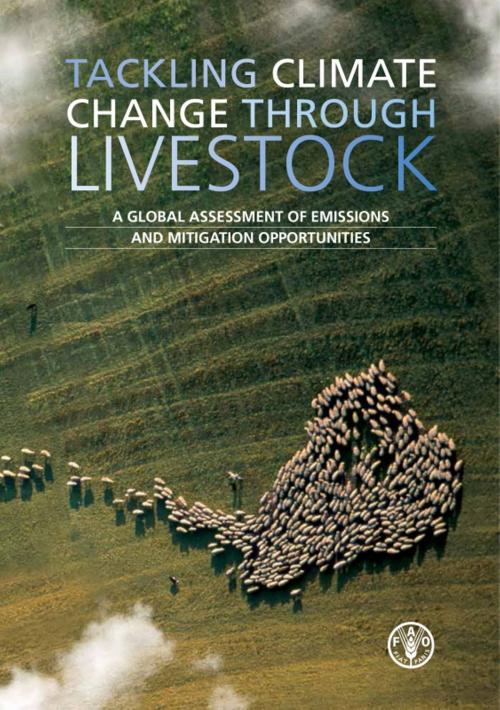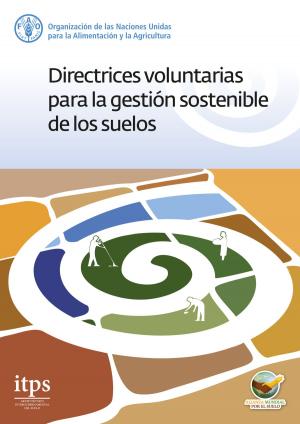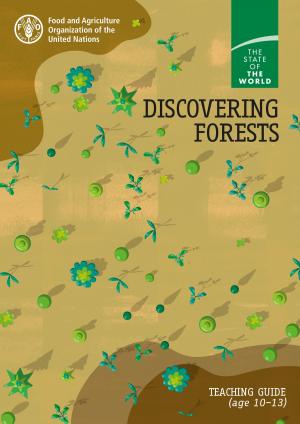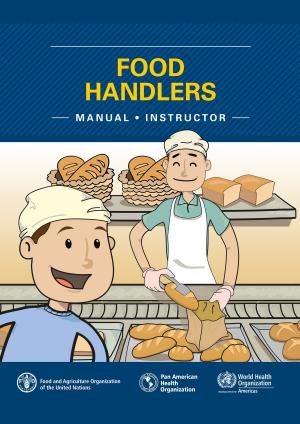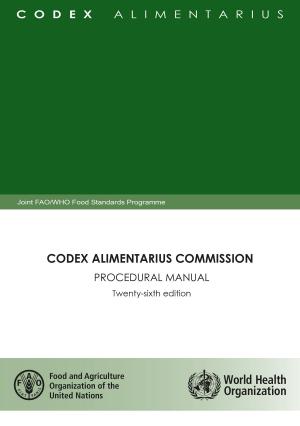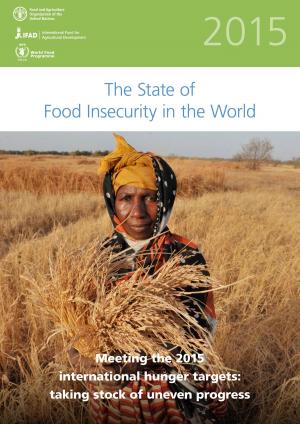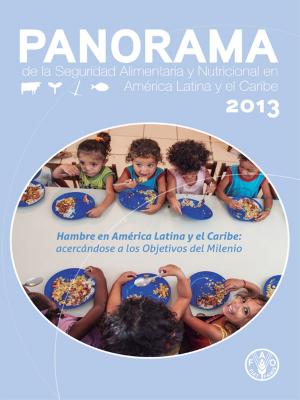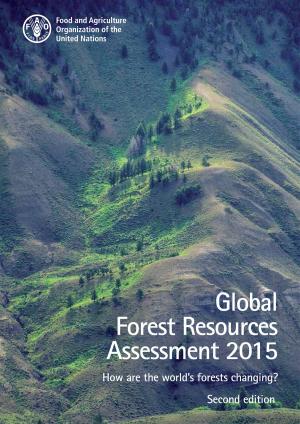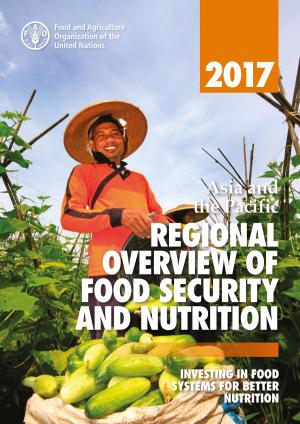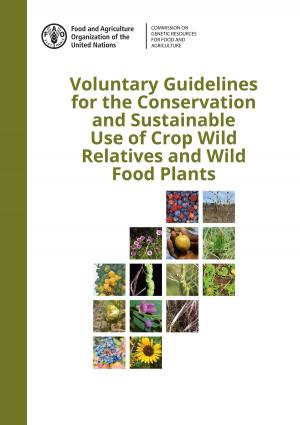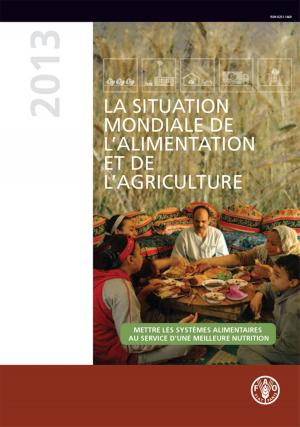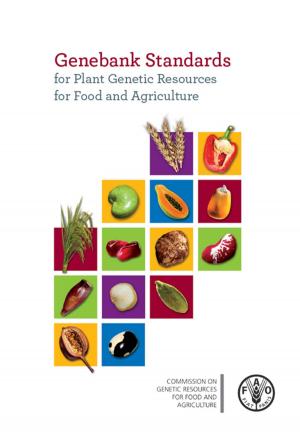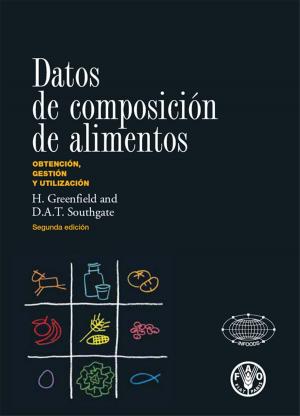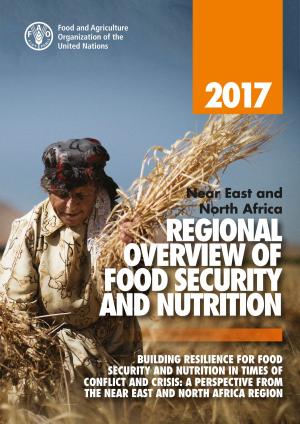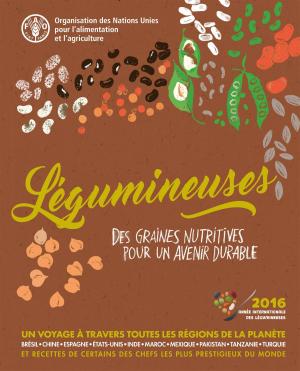Tackling Climate Change Through Livestock: A Global Assessment of Emissions and Mitigation Opportunities
Nonfiction, Science & Nature, Science, Earth Sciences| Author: | Food and Agriculture Organization of the United Nations | ISBN: | 9789251080931 |
| Publisher: | Food and Agriculture Organization of the United Nations | Publication: | April 14, 2015 |
| Imprint: | Smashwords Edition | Language: | English |
| Author: | Food and Agriculture Organization of the United Nations |
| ISBN: | 9789251080931 |
| Publisher: | Food and Agriculture Organization of the United Nations |
| Publication: | April 14, 2015 |
| Imprint: | Smashwords Edition |
| Language: | English |
As renewed international efforts are needed to curb greenhouse gas emissions, the livestock sector can contribute its part. An important emitter of greenhouse gas, it also has the potential to significantly reduce its emissions. This report provides a unique global assessment of the magnitude, the sources and pathways of emissions from different livestock production systems and supply chains. Relying on life cycle assessment, statistical analysis and scenario building, it also provides estimates of the sector’s mitigation potential and identifies concrete options to reduce emissions. The report is a useful resource for stakeholders from livestock producers to policy-makers, researchers and civil society representatives, which also intends to inform the public debate on the role of livestock supply chains in climate change and possible solutions.
As renewed international efforts are needed to curb greenhouse gas emissions, the livestock sector can contribute its part. An important emitter of greenhouse gas, it also has the potential to significantly reduce its emissions. This report provides a unique global assessment of the magnitude, the sources and pathways of emissions from different livestock production systems and supply chains. Relying on life cycle assessment, statistical analysis and scenario building, it also provides estimates of the sector’s mitigation potential and identifies concrete options to reduce emissions. The report is a useful resource for stakeholders from livestock producers to policy-makers, researchers and civil society representatives, which also intends to inform the public debate on the role of livestock supply chains in climate change and possible solutions.
